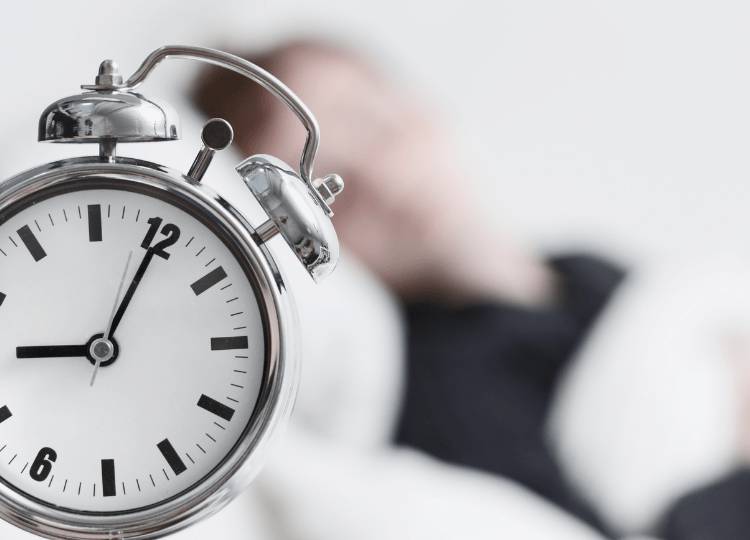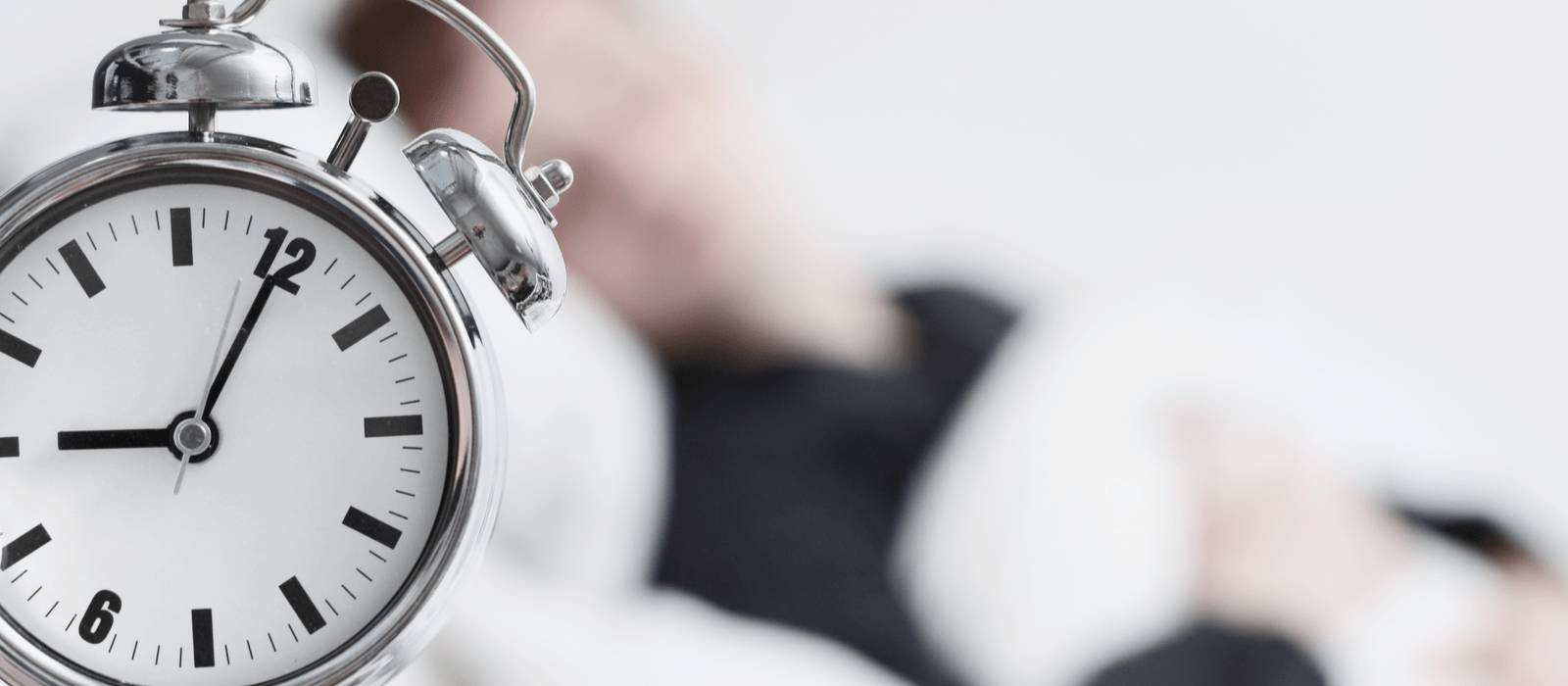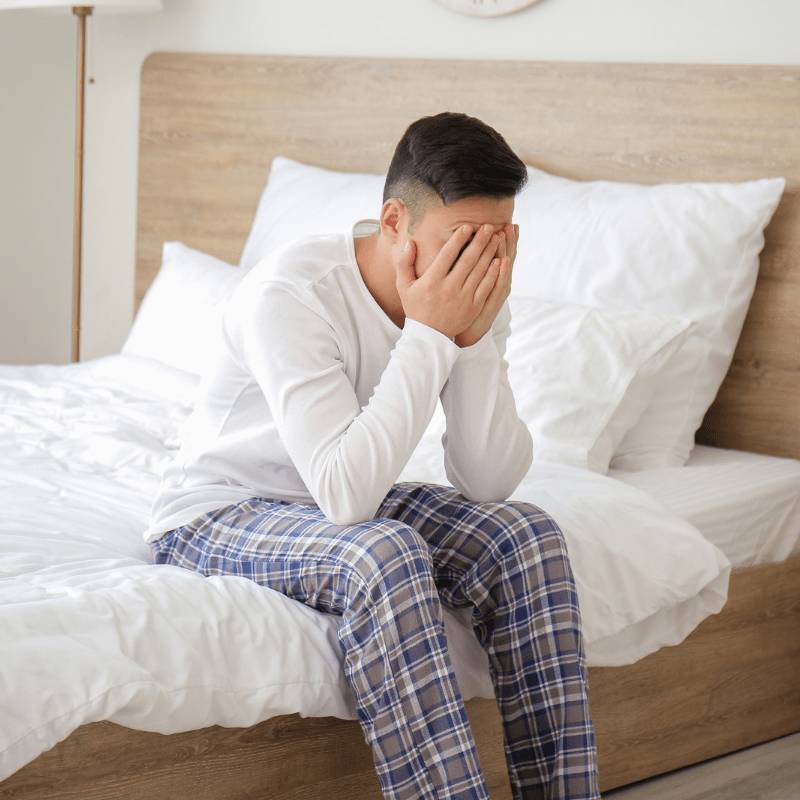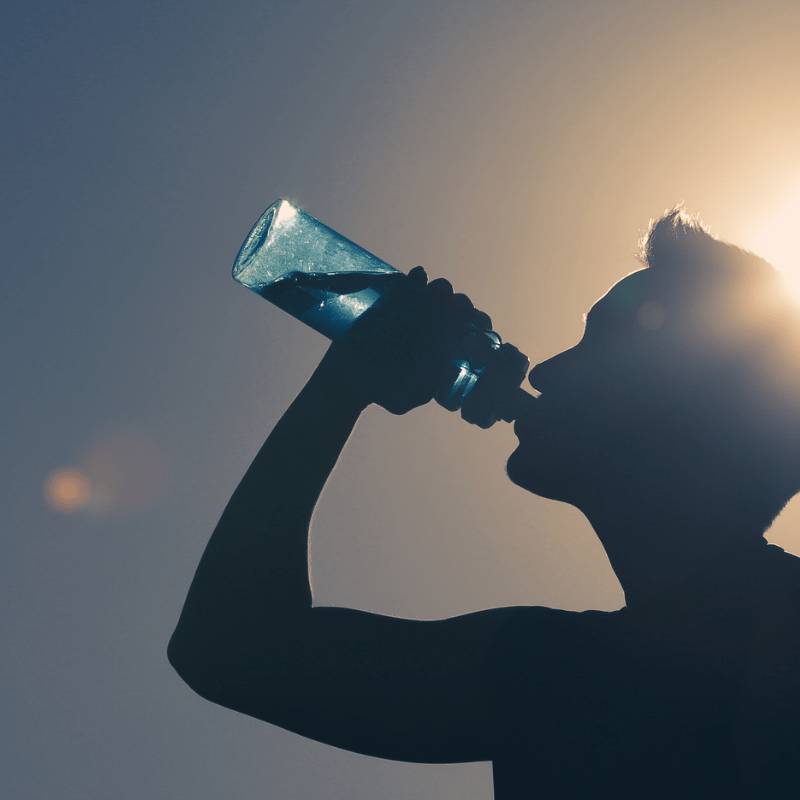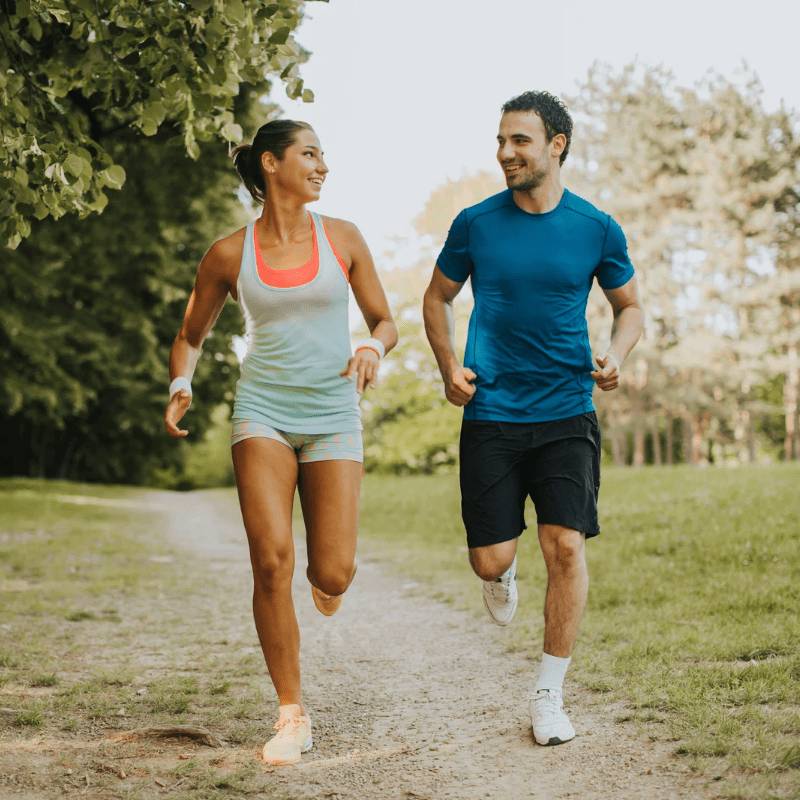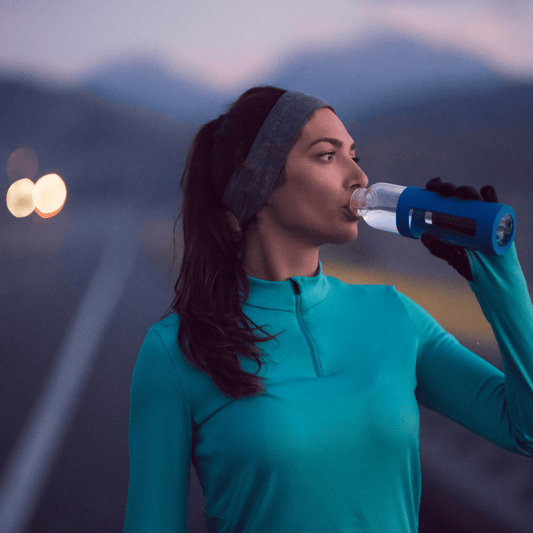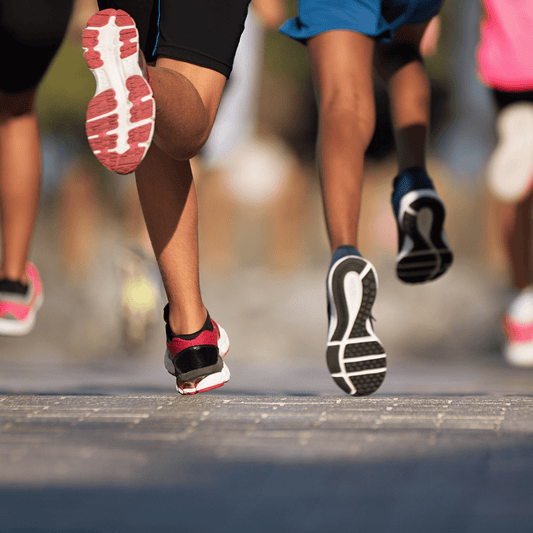Basically, the best sleepers are doing everything they can to avoid digital screens and bright artificial lights and not overstimulate the body or mind. Practising mindful meditations, breathwork and even gentle moving meditations can have a positive impact on sleep quality and quantity.
Now, as always, we would recommend you see your registered doctor or physician if you're still having trouble sleeping. If you've tried the above tips and you're still having trouble sleeping, it's important to see a doctor.
There may be an underlying medical condition that is causing your sleep problems. Your doctor can help you identify and treat any underlying conditions and recommend other treatments that may be helpful for you.
The same goes for our next section that’s all about SUPPLEMENTS. We always recommend that you consult with your doctor before you add any new supplement into your routine.
We’re all familiar with the use of supplements for optimising our performances during the day, but many of us don’t know that there are a whole host of supplements out there that have been shown to help us get and stay asleep to maximise our recovery for the day ahead.
Melatonin: Melatonin is a hormone that your body produces naturally. It helps regulate sleep-wake cycles. Melatonin supplements are available over the counter in the US but unfortunately not here in the UK.
Valerian Root: Valerian root is an herb that has been used for centuries to promote relaxation and sleep. It may be helpful for those with insomnia or anxiety to help ease trouble when trying to sleep.
L-Theanine: L-Theanine is an amino acid commonly found in green tea. It has been shown to have calming effects and may be helpful for those with anxiety or stress-related sleep issues.
Lavender oil: Lavender oil is a natural remedy that has been shown to help promote relaxation and sleep. Lavender oil can be used in aromatherapy or applied to the skin.
Magnesium Threonate: Magnesium is a mineral that is involved in many processes in the body, including sleep. Taking a magnesium supplement may be helpful for those with restless leg syndrome or other sleep-related issues.
Supplements rich in the amino acid Glycine have also been shown to be effective at enhancing the depth and quality of sleep. Collagen unlike any other source of amino acids is abundant in Glycine. In fact 33% of the amino acid content of collagen is Glycine. Our Active Sport Collagen is a popular supplement for daily maintenance and as a tablet it is convenient to take before bedtime - giving your body the best chance to recover and repair whilst encouraging quality sleep at the same time too!
It's important to note that while these supplements may be helpful for some people, they may not be effective for everyone. Additionally, it's important to talk to your doctor before starting any new supplements, as they can interact with other medications or health conditions as well as looking for supplements that have been produced by reputable manufacturers and to high quality standards.

